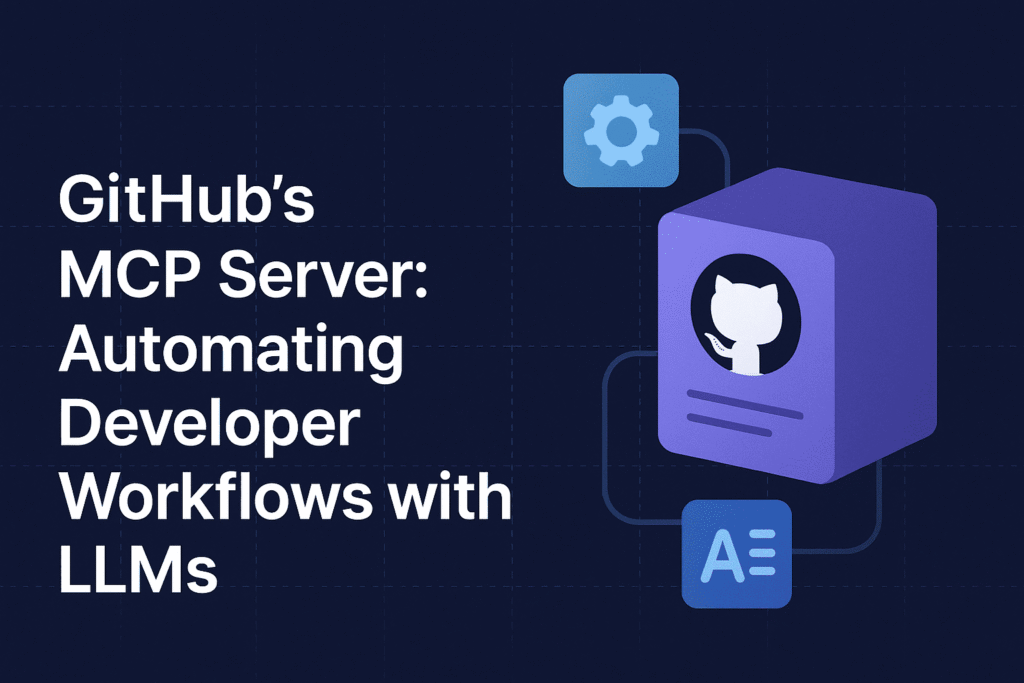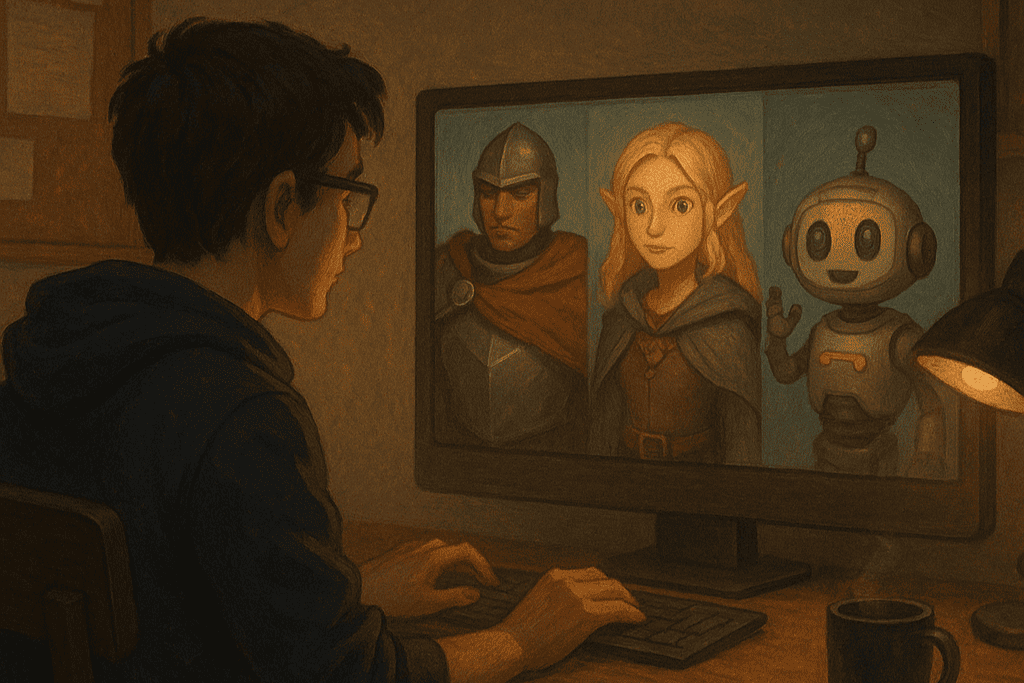In the past two years, the way we search, learn, and work online has changed dramatically. ChatGPT went from a quirky AI experiment to a daily tool for millions of people. At the same time, Google—long the undisputed king of search—has doubled down with its own AI engine, Gemini, built directly into Search and Workspace.
The big question now is simple, but loaded: Is ChatGPT really smarter than Google?
On the surface, ChatGPT feels more conversational, more human, and sometimes even more insightful. Google, on the other hand, still commands unmatched reach and delivers answers with rock-solid accuracy. For SaaS founders and knowledge-driven teams, this isn’t just a tech curiosity—it’s a question about how we’ll gather information, make decisions, and even shape our products in the years ahead.
But what does “smarter” really mean when we’re comparing two very different kinds of intelligence? In this blog, we’ll break it down into four dimensions: popularity, accuracy, reasoning ability, and real-world impact.
Popularity & Reach – The Battle for Attention
ChatGPT’s Meteoric Rise
Few products in tech history have grown as quickly as ChatGPT. As of early 2025, it attracts around 160 million daily active users and over 500 million weekly active users. For comparison, that’s more daily engagement than TikTok at its peak.
What makes ChatGPT stand out is how people use it. Instead of just searching for information, users rely on it to brainstorm, write, code, plan, and even tutor. Surveys in the U.S. and U.K. reveal that over half of internet users now prefer turning to AI tools like ChatGPT or Gemini instead of Google Search for tasks such as troubleshooting or creating content.
For SaaS founders, this shift signals something deeper: AI isn’t just replacing search—it’s becoming a default productivity layer. Customers expect SaaS platforms to integrate AI in a way that feels conversational and supportive, much like ChatGPT itself.
Google’s Unshakable Ecosystem
But Google isn’t exactly losing sleep. With over 1.5 billion daily users and 2 billion monthly users, Search still dominates online behavior. The difference is distribution: Google has a baked-in advantage because it powers Chrome, Android, Gmail, and countless integrations that people touch every day.
Even as more people experiment with AI chatbots, Google’s reach remains unmatched. This makes it harder for OpenAI—or any competitor—to fully unseat Google as the global information gateway.
In short: ChatGPT is winning hearts, but Google still owns the highways.
Accuracy & Reliability – Who Tells the Truth?
Google’s Edge in Fact-Checking
When it comes to delivering information you can trust, Google still sets the standard. In a 2025 study led by professional librarians, Google’s AI Mode ranked as the most accurate among nine AI-powered search tools. It consistently cited reliable sources, verified claims, and reduced the risk of misleading content.
This edge comes from Google’s roots—it was built as a search engine first. Its AI models are tightly integrated with real-time web data, meaning answers are usually backed by live sources rather than static training material. For fact-based queries, particularly in health, finance, or research, Google remains the safer bet.
ChatGPT’s Struggles with Hallucinations
ChatGPT, despite its conversational brilliance, isn’t immune to mistakes. Multiple studies show it has a tendency to hallucinate facts or fabricate citations. A University College Dublin study found that ChatGPT 3.5 produced false information more often than Google, which scored around 86% accuracy in testing. Even with GPT-5’s improvements, accuracy challenges remain.
Another issue is references: research shows nearly half of citations generated by large language models may be fabricated or inaccurate. This makes ChatGPT great for brainstorming and ideation—but risky as a sole source of truth.
For SaaS founders and decision-makers, the takeaway is clear: ChatGPT is powerful for creativity, but every “fact” still needs validation. Google, meanwhile, remains the go-to for authoritative and accurate sourcing.
Reasoning & Intelligence – Where ChatGPT Shines
GPT-5’s Stronger Chain-of-Thought
If accuracy is Google’s advantage, reasoning is where ChatGPT pulls ahead. In recent side-by-side tests of GPT-5 vs. Gemini 2.5, ChatGPT consistently produced responses that felt more logical, structured, and human-like. Its “chain-of-thought” style makes complex problems easier to follow, breaking them into steps that non-experts can actually understand.
This ability isn’t just academic. For SaaS founders, it translates into more reliable brainstorming sessions, better ideation for features, and smoother support automation. ChatGPT excels at tasks that go beyond facts—like writing, planning, and reasoning through open-ended problems.
Gemini’s Technical Firepower
That said, Google’s Gemini family is no lightweight. Its latest 2.5 Pro model introduces a “thinking mode” that can reason internally before giving an answer. Combined with multimodal capabilities (text, images, audio, video), Gemini thrives in highly technical or structured environments. For example, it often outperforms ChatGPT in math, coding validation, and long-context analysis.
In other words, ChatGPT feels smarter in conversation, while Gemini often proves smarter in computation.
For SaaS leaders, the choice isn’t about which AI is universally “better”—it’s about picking the one that aligns with your team’s workflow. ChatGPT may inspire creativity, while Gemini ensures precision in structured problem-solving.
Human & Societal Impacts – The Hidden Costs of AI Smartness
Cognitive Risks of Overreliance
The more people depend on AI, the more we risk outsourcing our own thinking. A recent MIT study revealed that heavy reliance on ChatGPT can actually reduce memory, creativity, and problem-solving engagement. Participants who used ChatGPT performed worse on follow-up tasks compared to those who relied on Google or their own recall. Brain scans even showed lower activity in regions tied to critical thinking.
For SaaS founders, this raises a serious question: if your customers or employees use AI for every task, will it make them smarter—or duller over time? AI can accelerate productivity, but only if paired with human oversight and reflection.
Decline of Human Knowledge Contributions
Another concern is the shrinking pool of human-generated knowledge. Platforms like Stack Overflow and Wikipedia, once the backbone of the open internet, have seen sharp drops in participation as users turn to AI chatbots for instant answers. The paradox: ChatGPT itself was trained on these sources, but if human contributions decline, future AI models may run out of high-quality data to learn from.
This creates a long-term risk: as AI gets “smarter,” the human knowledge base it relies on may get weaker.
For SaaS leaders, this isn’t just philosophical—it impacts product ecosystems. If communities dry up, collaboration, open-source projects, and shared innovation could slow. AI should be used to enhance these communities, not replace them.
Conclusion – Who’s Really Smarter?
So, is ChatGPT really smarter than Google? The answer depends on how you define “smart.”
- ChatGPT shines in reasoning, creativity, and conversation. It feels more human, more helpful, and better at tackling open-ended challenges. For brainstorming, writing, and ideation, it often outperforms Google’s AI.
- Google leads in accuracy, sourcing, and scale. Its AI Mode is still the most reliable for fact-checking, data integrity, and up-to-date results—thanks to its unmatched access to live web content.
In many ways, this isn’t a battle of one being “smarter” than the other. It’s a story of different types of intelligence:
- ChatGPT is the collaborator you turn to for ideas.
- Google is the verifier you lean on for facts.
For SaaS founders and teams, the lesson is balance. Use ChatGPT to accelerate creativity, problem-solving, and user experience. Use Google to ground those ideas in truth and scale. Together, they don’t just make us smarter—they help us build smarter products.
FAQ
1. Is ChatGPT smarter than Google?
ChatGPT is smarter at reasoning and conversational tasks, while Google is smarter at delivering accurate, real-time facts. Each excels in different areas.
2. Which is more reliable: ChatGPT or Google?
Google is generally more reliable for fact-checking and sourcing. ChatGPT is powerful for brainstorming and creativity but can sometimes produce false information.
3. Can ChatGPT replace Google Search?
Not entirely. ChatGPT can handle complex reasoning and planning, but Google still dominates live web search and fact-based queries. Most users benefit from using both.
4. Why does ChatGPT sometimes give wrong answers?
ChatGPT is trained on static data and can “hallucinate” facts or references. Unlike Google, it doesn’t always connect to real-time information, which leads to inaccuracies.
5. Should SaaS founders use ChatGPT or Google for their work?
Both. Use ChatGPT for ideation, content, and brainstorming. Use Google for market research, data validation, and accuracy. The best results come from combining the two.


